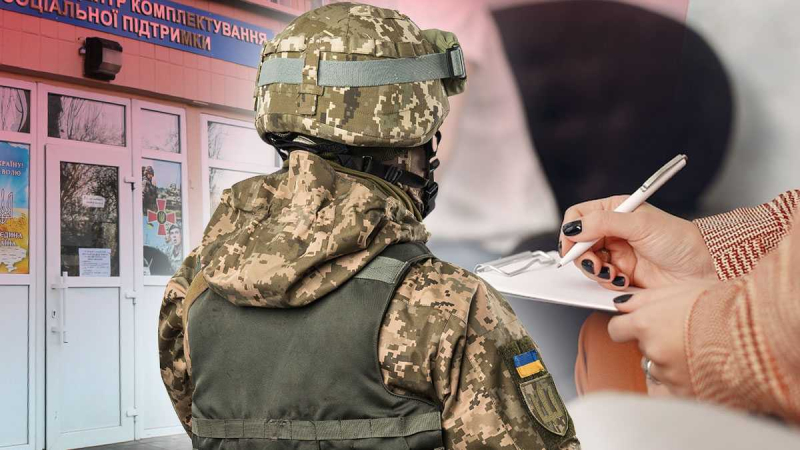
How to file a complaint for violation of the rights of a person liable for military service/Collage 24 channel
If you think that you are sent to the front illegally and with violations of your rights, you can contact the relevant authorities and file a complaint.
Lawyer Alexander Starenkov said that he A man came for advice claiming that his father was illegally sent to fight. He has a disability and many diseases and the necessary surgical intervention.
According to the lawyer, the son needs to ensure that his father is admitted to the hospital, referring to the right to treatment.
What to do in case of illegal mobilization
Initially, you can contact the hotline by calling the PIP of the mobilized person and the number of the military unit to which they were sent:
- 0-800-500-410
- 0-800-500 -442
- 044-454-44-99
It is also necessary to contact the command and, if it does not respond, you can file complaints with the commander of the unit, the operational command to which the part of the Military Law Enforcement Service belongs, the authorized person of the Verkhovna Rada of Ukraine for human rights, and even the president of Ukraine.
Where and how to file a complaint with a soldier
A soldier also has the right to file a complaint if he believes that his rights and legitimate interests have been violated:
- by an illegal decision, actions or inaction of commanders;< /li>
- by illegally imposing duties on him/her;
- by illegally holding him/her accountable;
- illegal actions of other military personnel.
Depending on the type of violation, the complaint is filed with: military command and control bodies, officials, military law enforcement agencies, pre-trial investigation bodies and other state bodies. On other issues of official activity, the complaint is submitted to the direct commander of the person whose actions are being appealed.
If the complaining serviceman does not know whose fault his rights were violated, the complaint is filed in order of subordination to the immediate commander.
A complaint can be filed orally and in writing, but preferably in writing. It can be filed by:
- member of the military,
- family member of the member of the military,
- other interested person.
All complaints on the day they are received are entered in the register of proposals, statements and complaints of citizens.
An oral complaint of military personnel, members of their families and other citizens has the right to file a complaint with the commanders of military units during a personal reception, which is determined in each military unit, institution, organization.
It is advisable to file a written complaint in two copies< /strong>to the department of the military unit or other state body in whose competence the issue is being considered. The second copy with a mark of receipt remains with the person who filed the complaint. It is an acknowledgment that the military unit or other body has received the complaint and can be used as evidence of the fact of the complaint if it is necessary to appeal the delay or unsatisfactory results of the complaint.
Yes, a citizen has the right to:
- personally state your arguments to the person checking the application or complaint, seek help from witnesses;
- provide additional materials related to the case;
- be present during the consideration of the application or complaints;
- receive a written response on the results of consideration of the application or complaint;
- get acquainted with the materials of the verification of the application or complaint;
- appeal the decision made on their application or complaint in court;
- demand compensation for damage in the manner prescribed by law.
< p> When considering a proposal, statement or complaint, it is not allowed to disclose by the commander or another person participating in the consideration information about the personal life of a serviceman without his consent, as well as the disclosure of other information if this affects his rights and freedoms, legitimate interests.
Terms for consideration of proposals, applications or complaints should not exceed 30 days from the date of their receipt, and those that do not require an additional decision or verification should be considered without delay. In addition, the consideration period can be extended up to 45 days upon warning by the military commander.
Untimely, incomplete consideration of a complaint or an illegal decision of an official considering it can be appealed against in accordance with the established procedure in court, the Military Law Enforcement Service or a higher subordinate commander.

